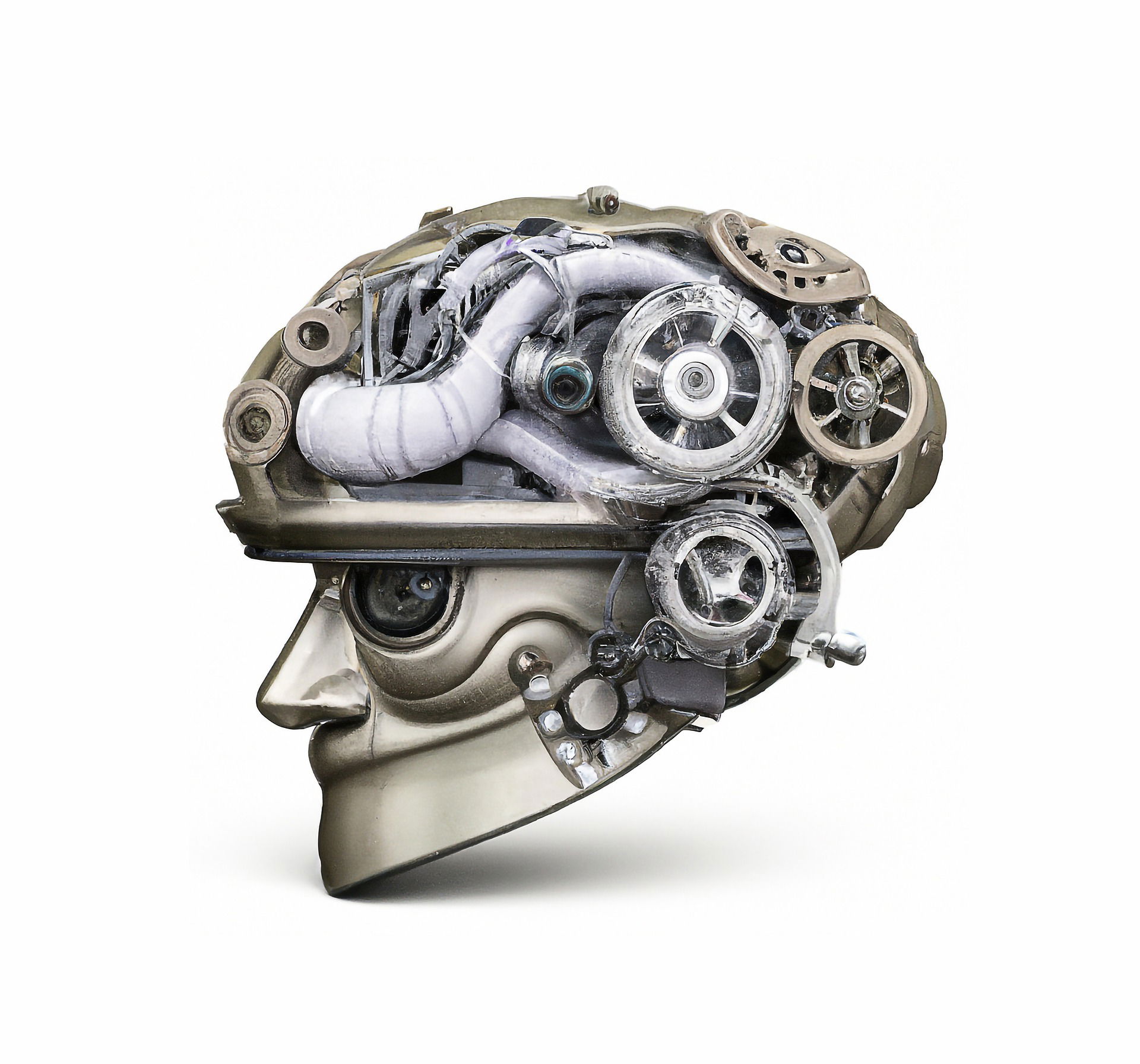Disadvantages of Artificial Intelligence (AI)

By Michael Jumba
Artificial intelligence (AI) is widely considered as one of the most significant technological advancements in recent years. It has the potential to revolutionize multiple industries and enable new, innovative applications.
AI is widely considered as one of the most significant technological advancements in recent years. It has the potential to revolutionize multiple industries and enable new, innovative applications.
AI technology is based on the proposition that it is possible to create intelligent machines, and that the computing power and data storage capacity available now make this possible well beyond the traditional areas of research in cognitive science and artificial intelligence.
Despite this promise, there is still a great deal of misunderstanding surrounding AI. In this article, we will provide a brief overview of the history of AI, the different types of AI, and the advantages and disadvantages of AI. We will also discuss the future of AI and its potential impact on society.
A brief overview of the history of AI
Artificial intelligence (AI) has been around for centuries, with roots in ancient philosophy and mathematics. The term “artificial intelligence” was first coined in 1956, but the field of AI did not really take off until the late 1970s. In the early days of AI, researchers were focused on creating programs that could solve specific problems, such as proving mathematical theorems or playing chess.
In the 1980s and 1990s, AI experienced a boom with the advent of new technologies, such as knowledge-based systems and neural networks. These new AI techniques made it possible to create more general purpose AI applications, such as expert systems that could mimic the decision-making of human experts.
In recent years, AI has made even more progress with the advent of machine learning. Machine learning is a type of AI that allows computers to learn from data, identify patterns and make decisions with minimal human intervention.
The Benefits of Artificial Intelligence in Business
Artificial intelligence (AI) is rapidly becoming an essential tool in businesses around the world. AI can be used for a wide variety of tasks, from automating simple tasks to providing insights that can help businesses make better decisions.
There are many benefits of using AI in business. AI can help businesses save time and money, improve decision-making, and increase efficiency. AI can also help businesses better understand and serve their customers. As the use of AI in business continues to grow, so too will the benefits that businesses reap from it.
Disadvantages of Artificial Intelligence
Artificial Intelligence has some disadvantages. They are as follows:
- Lack of Common Sense: AI systems lack the common sense of humans and this often leads to inaccurate results.
- High Cost: AI systems are expensive to develop and maintain.
- Can be used for Evil Purposes: AI technology can be used for evil purposes such as creating autonomous weapons.
- May Lead to Job Losses: AI may lead to job losses as it can replace human workers in many jobs.


